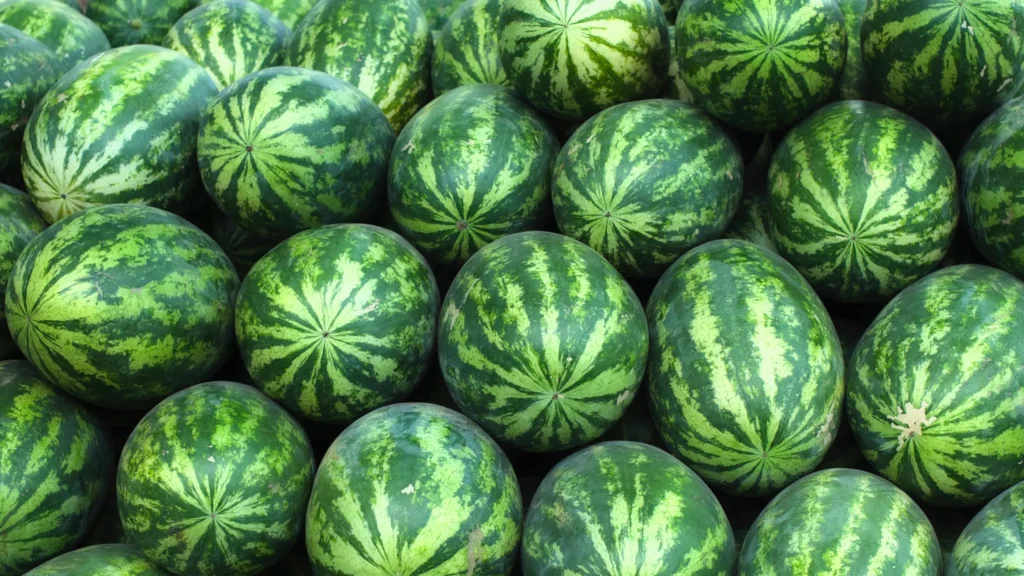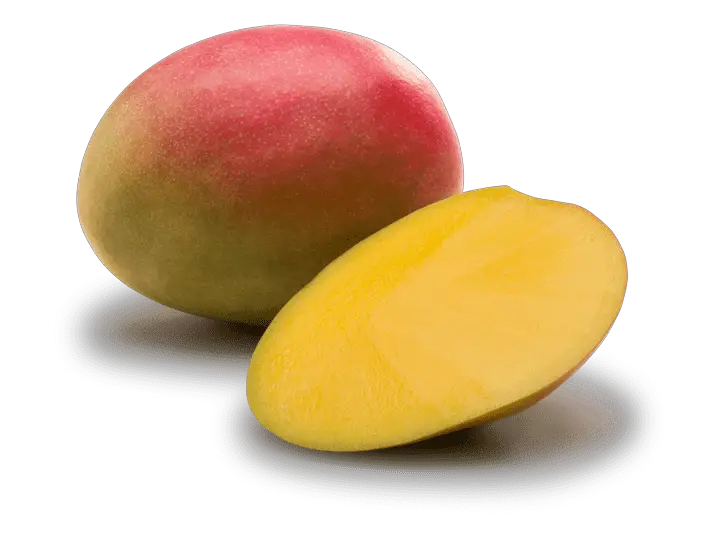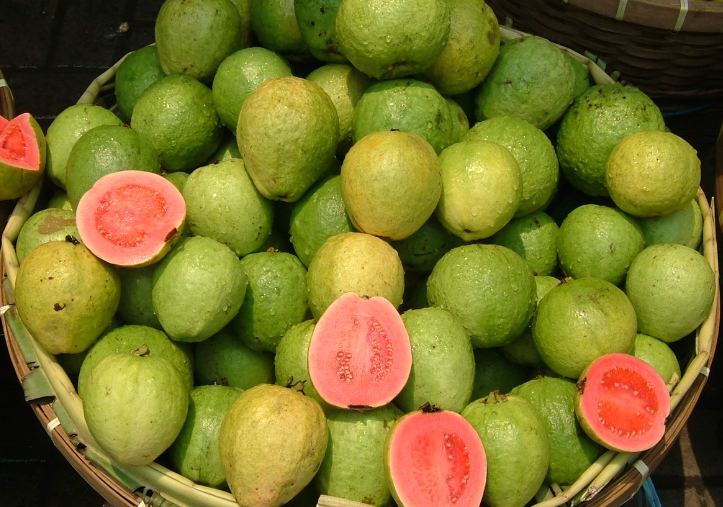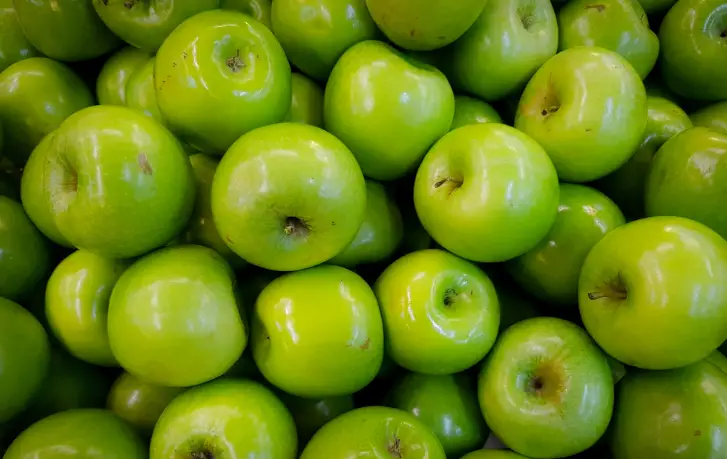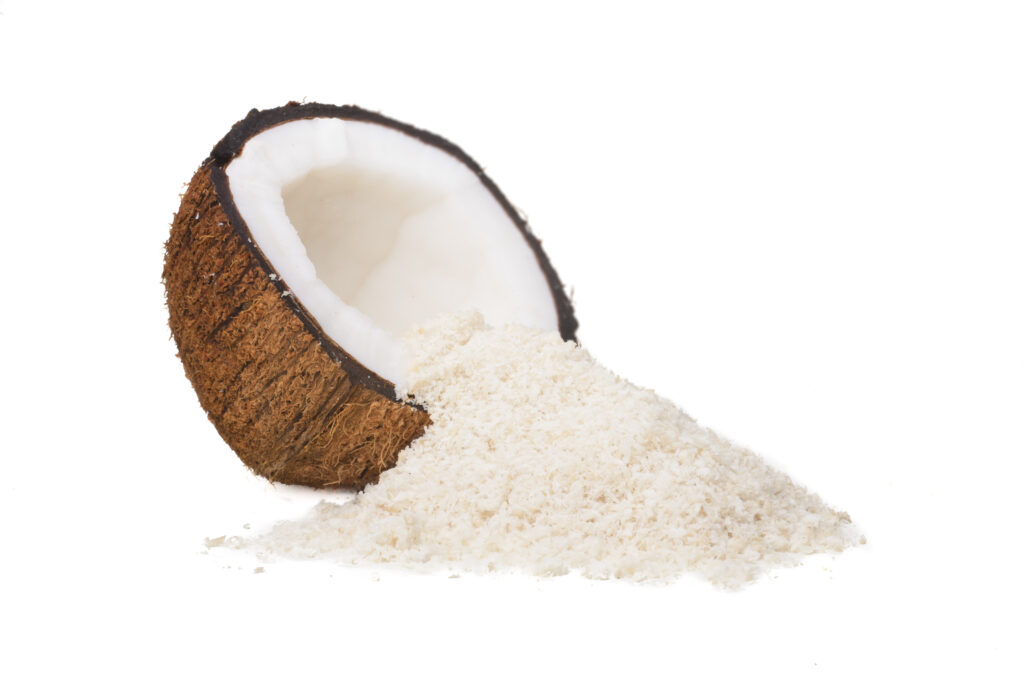Dogs like to eat all kinds of foods, and they’re often interested in the snacks we eat too. As a dog owner, you might want to give your pet some of your favorite treats, like dried mango. But before you do, it’s good to know if it’s safe for them.
It’s really important to think about what we feed our dogs since some foods that are okay for us might not be good for them. In this article, we’re going to talk about everything you should know about giving dried mangoes to your dog, including the good stuff they get from it, what could go wrong, and how much is just right.
Dried mangoes are yummy because they’re sweet and a bit sour. You might be thinking about giving some to your dog. It’s okay for dogs to have dried mangoes in small amounts. However, you should know a few things about them before you give these snacks to your dog.
Dried mangoes start off as regular mangoes and then most of the water is taken out. This makes them last longer and taste sweeter. You can buy these dried fruits at the store, and they come in different shapes like slices or chunks.
While there are some good nutrients in dried mangoes for dogs, don’t give them too much. They can be really sugary, which isn’t good for dogs in large amounts. Remember, dried mangoes are just a treat and shouldn’t replace the regular dog food your pet eats every day.
Table of Contents
- Is It Okay for Dogs to Have Dried Mangoes?
- The Good Stuff Dogs Get from Dried Mangoes
- What Could Go Wrong If Dogs Eat Dried Mangoes?
- How Should You Give Dried Mangoes to Your Dog?
- How Much Dried Mango is Okay for Dogs?
- Can Dogs Eat Mangoes?
- Other Fruit Options for Dogs
- Is Dried Mango As Good For My Dog As Fresh Mango?
- Wrapping Up
Is It Okay for Dogs to Have Dried Mangoes?
Yes, dogs can eat dried mangoes, and these snacks have some vitamins and minerals that are good for them. But because dried mangoes can be sugary, you should only give these as a special treat now and then. Make sure that your dog isn’t allergic to mangoes before giving them any. You can learn how to introduce new foods to your dog here.
The Good Stuff Dogs Get from Dried Mangoes
When you give your dog dried mangoes carefully, they can benefit from a few nutrients.
Here’s what good stuff dried mangoes have for dogs:
- Vitamins and Minerals: Dried mangoes have important vitamins and minerals that are great for a dog’s health, like Vitamin A for keeping eyes and skin healthy, Vitamin C for a strong immune system and healthy skin, Potassium for keeping body fluids balanced and muscles working well, and Fiber to help with digestion.
- Helps Digestion: The fiber in dried mangoes can help dogs have regular bowel movements and avoid getting constipated.
- Boosts Immune System: Vitamin C and other antioxidants in dried mangoes can protect your dog from harmful things in their body, reduce swelling, and help their immune system.
- Fights Inflammation: Mangoes have special parts in them that can fight swelling, which can prevent long-term sickness by keeping the body from getting too inflamed.
Even with these benefits, remember not to give your dog too many dried mangoes because of the sugar.
What Could Go Wrong If Dogs Eat Dried Mangoes?
When you give your dog dried mangoes, you should also think about these possible risks:
- Too Much Sugar: Dried mangoes are high in sugar which can make dogs gain too much weight and have teeth problems. For dogs that need to eat less sugar because of health issues, it’s best to skip dried mangoes.
- Stomach Issues: The fiber in dried mangoes can make it tough for dogs to digest if they eat too much, leading to tummy aches, diarrhea, or stomach pain.
- Allergies: Like people, dogs can be allergic to certain foods too. If a dog is allergic to mangoes, they could get itchy, have bumps on their skin, or find it hard to breathe.
- Choking: If the dried mango pieces are too big, they might get stuck in a dog’s throat. Always cut them into small pieces so they’re safe to eat.
To make sure your dog enjoys dried mangoes without any problems, try these safety tips:
- Don’t give them too much – a couple of small pieces a week is enough.
- Watch out for any strange behaviors or tummy troubles after they eat dried mangoes.
- Make sure the pieces are tiny to avoid choking.
If your dog starts to act differently or sick after eating dried mangoes, call your vet right away to get some help.
How Should You Give Dried Mangoes to Your Dog?
If you want to give your dog dried mangoes, here’s how you can make sure they’re safe and enjoy them:
Try these ideas when giving dried mangoes to your dog:
- Chop the Dried Mangoes: Cut the dried mangoes into pieces small enough for your dog to eat safely and digest easily.
- Start with Little Bits: Give your dog a small taste of dried mango to start and slowly give them a little more over time.
- Choose Dried Mangoes Without Extra Sugar: Read the label when you buy dried mangoes and pick ones without added sugar because too much sugar is bad for dogs.
- Use Them as Treats: Dried mangoes should not take the place of regular dog food. Give them as a special snack or sometimes add them to their meals.
- Look for Digestive Trouble: Watch your dog after they eat dried mangoes to see if they have an upset stomach, like throwing up or diarrhea. If that happens, don’t give them dried mangoes again and talk to your vet.
When you give your dog dried mangoes the right way and not too often, they can be a tasty and healthy treat. Just remember to be careful and watch out for any bad reactions they might have.
How Much Dried Mango is Okay for Dogs?
Can Dogs Eat Mangoes?
If you’re thinking about giving your dog dried mangoes, be careful not to overdo it. Dried mangoes have nutrients that are good for dogs, but they’re also packed with sugar, which means they should only be a special treat, not a regular food item for your pup.
A helpful guideline is to limit treats to 10% of your dog’s total daily calories. This helps keep their diet balanced and healthy.
How much dried mango your dog can have depends on their size, age, and how active they are. Small dogs might only handle one or two little pieces every day, while bigger dogs might be okay with a couple more.
Other Fruit Options for Dogs
There are many other fruits your dog might like that are safe and nutritious for them. Here’s a list of some good choices:
- Apples: Full of vitamins A and C, fiber, and antioxidants. Always get rid of the seeds and core first.
- Blueberries: These are not high in calories but they’re loaded with antioxidants, vitamins C, and K, and fiber.
- Bananas: They’re rich in potassium, fiber, and vitamins B6 and C. But they’re sugary, so don’t give your dog too many.
- Strawberries: They don’t have too many calories but are rich in vitamin C and fiber. They’re sweet, so dogs love them.
- Watermelon: Packed with vitamins A and C, it’s also full of water, making it refreshing, especially in summer.
- Pineapple: Has lots of vitamin C, vitamin B6, manganese, and fiber. It’s sweet and helps with digestion too.
Always clean fruits well and take out any seeds or pits, as they can be hazardous for dogs. It’s also essential to give fruits in small quantities; too much can cause problems. If you’re ever unsure if a fruit is safe for your dog, just ask your vet first.
Is Dried Mango As Good For My Dog As Fresh Mango?
Dried mangoes can be nutritious for dogs if given in small amounts. Since drying mangoes means taking out most of the water, what’s left is a snack that’s higher in calories and sugar than a fresh mango. So, it’s better as an occasional treat rather than something you give them regularly.
Fresh mangoes are generally better for your dog because they have more fiber and less sugar than dried ones. But be careful to remove the pit before giving them to your dog.
Wrapping Up
Dried mangoes can be good for dogs as long as you’re careful about the amount. They provide vitamins like A and C, fiber, and antioxidants, but they also have a lot of sugar. Limit them to treat status and not part of the everyday menu.
Make sure you feed your dog small pieces of dried mango, start with tiny amounts, choose sugar-free options, keep it to treat level, watch your dog to see how they handle it digestively, and talk to your vet with any concerns or questions you might have.
There are plenty of other fruits that dogs can eat safely and are just as nutritious as dried mangoes. These include apples, blueberries, bananas, strawberries, watermelon, and pineapple. When you introduce new food to your pet, always do it slowly and keep an eye out for any bad reactions. With these tips, you and your dog can enjoy healthy fruit snacks together!
